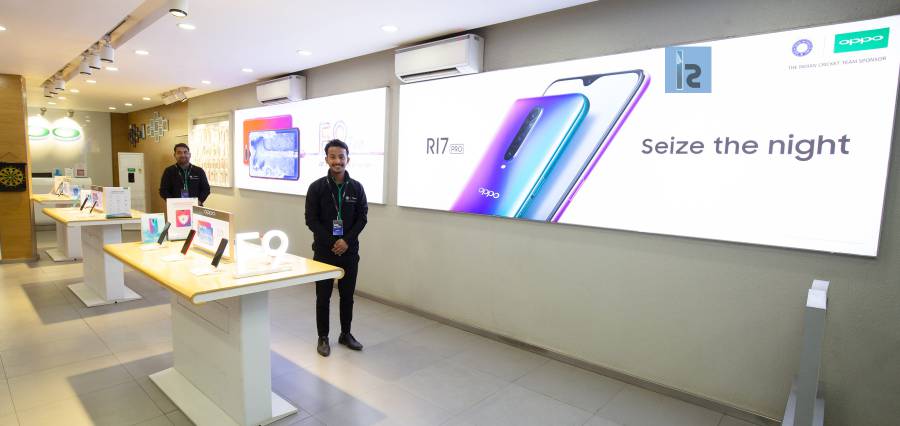Thanks to COVID-19, India has toughened its scrutiny of foreign investment in the country, which has eventually soured the plans of many Chinese smartphone seeking to expand beyond just selling hardware for a bigger share of South East Asia’s market.
Manufacturers like Xiaomi and Oppo, which has more than 100 million combined users in India, can not directly lend to consumers without a proper banking license. Thus, Xiaomi has partnered with various Indian financial companies, in order to provide funds, for various services offered in their platform. Last December Xiaomi launched its online lending service named as MiCredit, whereas Oppo also introduced a similar service named Oppo Kash in March.
However, these Chinese brands are looking to establish their own non banking financial company, which will eventually allow them to have better margins.
“India is a very important market…This (rule change) will have a dampening effect,” said an industry executive familiar with Xiaomi’s consumer finance plans. This is mainly because, India’s FDI rules have added another layer in the already slow approval process, mostly due to the worries that Chinese investor are slowly encroaching into various Indian businesses.
Since the near collapse of a major lender in 2018. The Indian authorities especially the Reserve bank of India has been very cautious about issuing such approvals. During April, the Indian Government said it would monitor any FDI from its neighbouring countries, mostly to keep Chinese firms away from taking any stakes in local businesses during the COVID-19 crisis.
Xiaomi and Oppo both of the companies have been waiting for around a year in order to get an NBFC approval from the Reserve Bank of India, and the policy comes when India’s smartphone shipments are likely to decline by 10% this year due to the coronavirus-led slowdown.
According to industry officials, Before tighter scrutiny of foreign direct investment was announced, there would-be investors only sought RBI approval for a shadow banking licence. Now, this will be a two-step process specifically for those, who are from India’s neighbouring countries and the approval will probably take longer to obtain.


